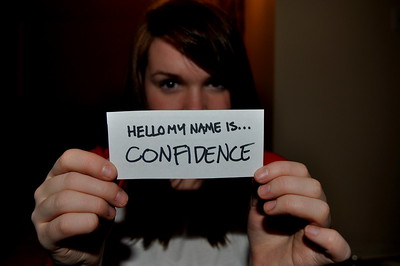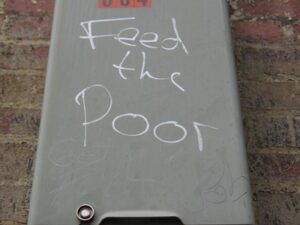Americans’ confidence in higher education is waning, according to the latest Gallup Poll on the subject. The June poll shows that fewer Americans have “a great deal” or “a lot” of confidence in post-secondary education than in polls from previous years.
Since 2015, Gallup has polled Americans on the subject three times. In 2015, 57% of respondents expressed strong confidence in post-secondary education compared to 39% today. Unsurprisingly, self-identifying Republican respondents expressed the least amount of confidence in universities, with their overall support plunging from 56% to just 19% between 2015 and 2023.
Confidence among Democrats dropped marginally from 68% to 59%, and participants with no political affiliation registered a decline of 16 percentage points, from 48% to 32%.
The news for universities didn’t get much better when pollsters sorted the results by respondent age. Among those ages 18-34, confidence in higher education dropped from 60% to 42%. Respondents aged 35 to 54 reported a confidence decline of 16 percentage points. Those aged 55 and up reported a 24-percentage point skid.
The opinions of the last demographic group are important. While relatively few people above the age of 55 attend college, they pay for their children to attend. With a profound decline in support for higher education, this group is less likely to contribute to their children’s or grandchildren’s educations.
When pollsters sorted the results by educational attainment, those without college degrees expressed the least confidence in higher education. Confidence among that demographic group slid by 25%. Interestingly enough, the next largest group of doubters was those who already had a post-graduate degree. Confidence among these respondents fell by 17%.
Perhaps fewer individuals who earned a post-graduate credential found that either the economic return or the satisfaction of having a second or third degree was worth the effort or expense.
Higher education sinks on gender and age
The bad news didn’t stop there. When pollsters sorted the result by gender, fewer women in the survey were confident that higher education was beneficial. Their support dropped from 61% to 39%. Among men, support for higher education declined by 19 percentage points. The fact that fewer women feel that they can support higher educational attainment could translate into declining enrollment among women. Women make up about 60% of enrolled students on campus right now. That’s a demographic that colleges and universities can’t afford to lose.
So, what’s the formula for turning around Americans’ perceptions of higher education? Balancing the cost-benefit ratio is a good place to start. Universities need to work on the cost; community colleges need to work on the benefit.
The loss of confidence in higher education can be looked at only as widespread executive failure. This problem wasn’t created in the classrooms; it was created in the boardrooms and executive suites. It was facilitated by trustees who religiously failed to demand accountability and provide oversight, and who rubber stamped every bad idea and waste of resources offered to them.
As a result, our campuses now deliver exorbitantly expensive, near-worthless degree programs taught by armies of part-time instructors in badly neglected facilities. Money that should be spent on creating and improving academic programs is instead squirreled away to fund unnecessary new construction that neither the state nor the taxpayers will pay for. Or quasi-private business ventures in the hope that they can generate enough cash to replace the operational dollars being wasted on them.
Ultimately, if the trustees won’t hold their administrators to account, the growing number of would-be students who refuse to enroll will.
Photo Credit: shineforyou, via Flickr




































